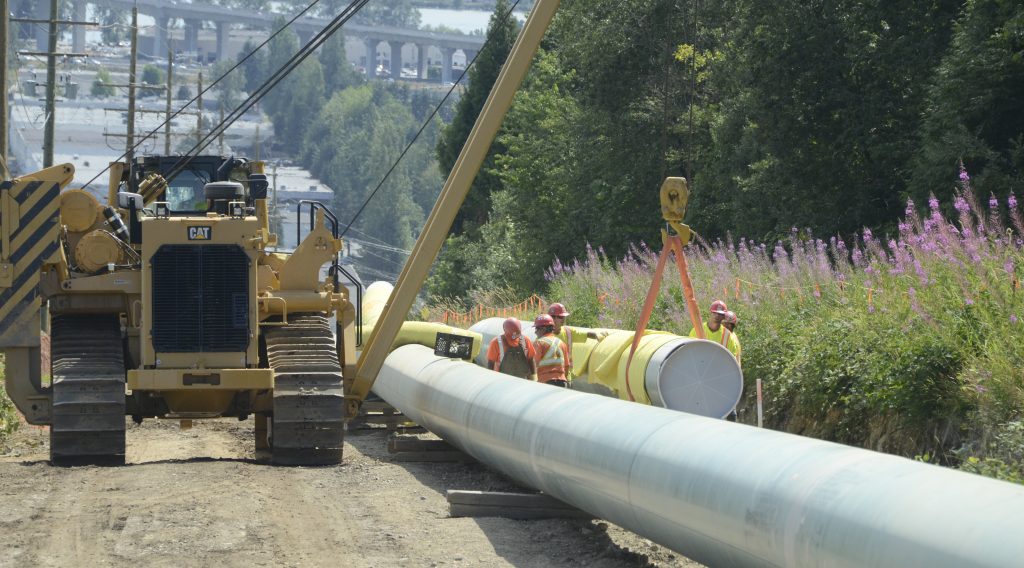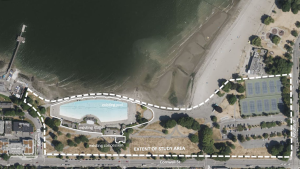One of the Lower Mainland’s key gas lines is getting a new lease on life.
A 20-kilometre gas line running from Vancouver to the nearby city of Coquitlam is nearing the end of its operating life after 60 years of service and will soon be replaced.
“The existing line dates back to the 1950s. That’s why we’re carrying out an upgrade and using modern materials to ensure reliable service for decades to come,” said FortisBC Gas Line Upgrades project director Melanie Kilpatrick.
“In addition, the Metro Vancouver region has experienced significant growth since the existing gas line was installed and the FortisBC Gas Line Upgrade project will add capacity to the system, ensuring reliable service for our 210,000 natural gas customers in Metro Vancouver.”
The existing 20-inch pipe between Vancouver and Coquitlam will be upgraded to 30-inches, and existing facilities at Mariner Way and Spuraway Avenue in Coquitlam and East 2nd Avenue and Woodland Drive in Vancouver will be improved. Three hundred metres of gas line in south Vancouver will also be replaced.
Upgrading the Vancouver to Coquitlam gas line, Kilpatrick said, means dealing with the challenge of a much more densely populated area than when the line was built in 1958.
Construction will occur along roadways and in close proximity to residences and businesses, “similar to other utility construction, such as sewer or water line replacement.”
“A number of safety measures will be in place to ensure public and employee safety, including traffic control plans, fencing around the worksite and safe excavation procedures,” Kilpatrick added.
While the area has densified in the last 60 years, technology and construction techniques have also evolved.
“Since 1958, there have been significant advancements in the tools, techniques, and technologies used in the design process, as well as gas line installation and construction,” Kilpatrick explained.
“This includes more sophisticated manufacturing processes for the modern pipes and components that are used today. There is also greater expertise in field construction techniques, the use of precision construction equipment, and more thorough inspection and testing protocols.”
Impacts of construction will be mostly be felt along East 1st Avenue in Vancouver, which will be fully closed between Clark Drive and Nanaimo Street from mid-June to Aug. 31.
Partial lane closures will begin in the spring between Nanaimo Street and Boundary Road once construction begins.
While the majority of construction will be open cut, some of the work will involve trenchless construction, where a tunnel is built and the line is then threaded through the tunnel.
“To minimize impacts to traffic, we are planning to use a trenchless boring method at some of the road crossings and major intersections. This will allow us to keep certain key intersections open to north-south traffic,” Kilpatrick said.
Consultation on the project with stakeholders and the public began in spring 2014, with engineering studies in the summer of 2015 and approval from the B.C. Utilities Commission in the fall of that year.
Work began on the project in February 2017 to prepare sites along the route, including tree cleaning and extending three culverts to improve access to the gas line construction site.
Work is estimated to be complete by late 2019.
To date $33 million has been spent on what will be a $500 million project.
Michels Canada will be the gas line contractor and Brymark Installations will be the facility contractor. Michels Canada has also worked on other FortisBC projects such as a recent gas line upgrade from Surrey to Coquitlam that was completed last year.











Recent Comments